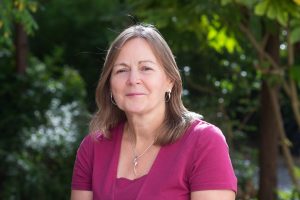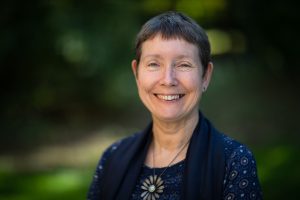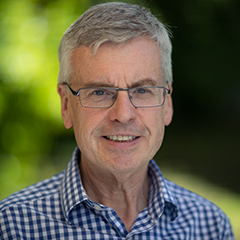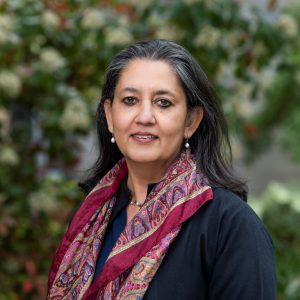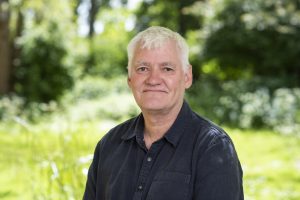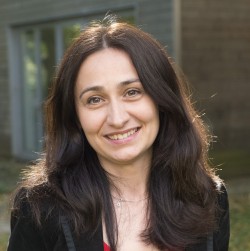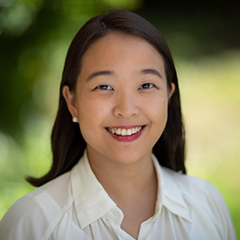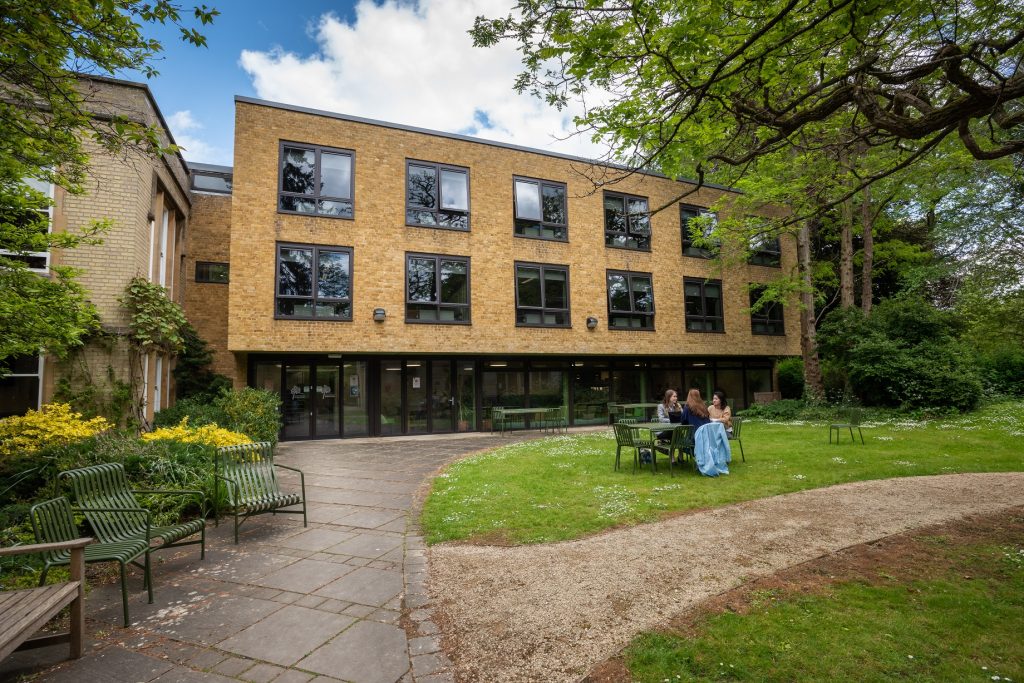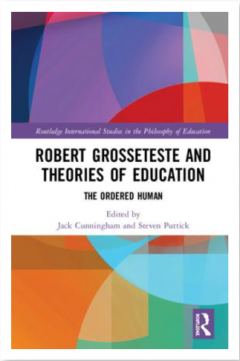The Project
The project set out to establish a proof of concept for investigating teacher education in Bhutan, India, Mexico, Moldova and Papua New Guinea, as these countries make progress towards the United Nations’ Sustainable Development Goal (SDG) 4 Ensuring inclusive, equitable and good-quality education and lifelong learning for all.
It included i) a mapping of relevant policies and teacher education programmes in each country, and ii) a pilot study in which a convenience sample of schoolteachers in each country was surveyed to investigate their perceptions of their preparedness for teaching and their effectiveness as teachers. The investigation was guided by the following questions:
- How well-prepared by their teacher education programmes are teachers for teaching?
- What characteristics of teacher education programmes are considered most effective?
- How effective do teachers perceive themselves to be in their teaching?
- What school support and induction is valued by teachers?
A multi-lingual, cross-sectional survey adapted from the Studying the Effectiveness of Teacher Education (SETE) survey was pilot tested with minor adaptations and adjustments after in-country partner consultation. In total, 237 primary and secondary school teachers completed the questionnaire (Bhutan – 64, India – 50, Mexico – 38, Moldova – 57, PNG – 28). While there were contextual differences in the surveyed teachers’ overall perceptions and experiences, commonly identified weaknesses in teacher education showed a consistent trend across the five study countries. The findings suggested the need to better prepare teachers’ for working in multicultural and multilingual classrooms, and for supporting learners with special education needs. Following the data analysis, an evaluation was conducted with country partners to assess the suitability of the survey for future cross-country research in low- and middle-income countries and determined the usefulness of the findings for in-country stakeholders.
The full report is available here.






